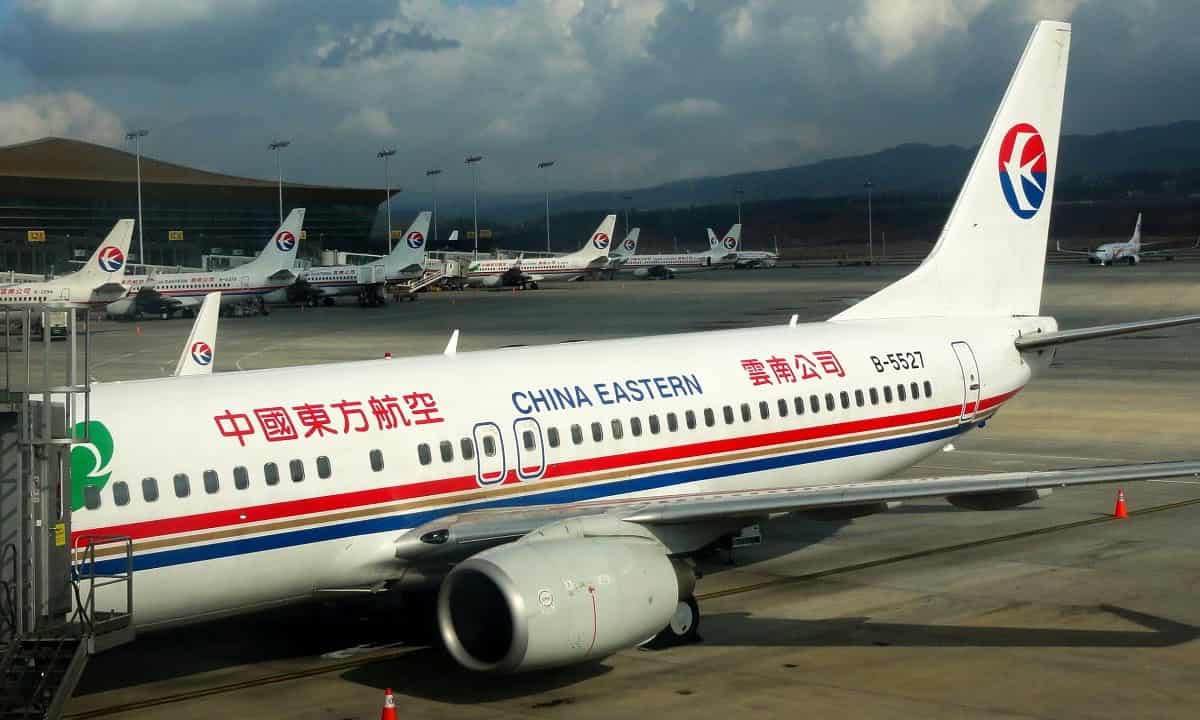UGANDA (eTN) – The chronic funding shortage for tourism marketing and the pathetic facilitation of the Uganda Ministry of Tourism, formed only 11 months ago following the general elections of 2011, has at last been partly explained, when news emerged in Kampala overnight that the cabinet had sanctioned a budget shift of 377 billion Uganda shillings (US$162.5 million) from ministerial budgets towards payments to private power producers.
Failure to pay contractually-agreed dues to private companies, which invested in thermal power stations using diesel and heavy fuel oil, had last year led to massive power rationing when the affected companies switched off their plants after running out of cash to pay for fuel, plunging the country in darkness and making worse an already bad economic situation, when inflation ran up to 30 percent per annum and the value of the Uganda shilling hit record lows. Faced with the business community turning their back on government, already embattled by a growing wave of street protests over the massive rises in the cost of food and transport, the Ministry of Finance rushed to plug one hole by creating plenty of what others thought less consequential.
While most ministries were affected, tourism was particularly hard hit as the newly-created stand-alone Ministry of Tourism was already minimally funded, and the Uganda Tourism Board in turn – as predicted when the budget last year was published – is now likely to be put into hibernation mode due to lack of money.
Lonely Planet had elevated Uganda as “Destination 2012,” causing excitement among the Ugandan tourism fraternity, and 2012 being also the 50th anniversary year of attaining independence from colonial masters Britain, it was generally hoped that government would see to it to make enough money available to embark on a major promotional campaign.
Far from it this latest news suggests, and although the source at the Ministry of Finance was cautious to let details be known which ministries were the worst affected, information from the corridors of the Ministry of Tourism confirm that they have been very badly hit by the cash drought inflicted on them.
Tourism, a sector the government regularly pays with lip service instead of with cash, is potentially an engine of economic growth, but a decade and a half of financial starvation by the bean counters in the finance ministry have severely limited the sector’s expansion and half-hearted incentive schemes to import vehicles and other capital goods free of duty and taxes were short-lived and often ended before the sector could take full advantage of them as a result of parallel lack of affordable and available financing.
Said a regular senior tourism stakeholder yesterday afternoon on the phone: “If these reports are really true, it will be a big struggle for UTB [Uganda Tourist Board] to finance the minimalist program they have suggested for the #VisitUganda2012 and the golden jubilee of independence. We looked at Tanzania and how they found the resources last year to capitalize on the 50 years of mainland independence, and we don’t even want to think of what money Kenya is going to spend in promoting when they go into the 50th celebrations next year.
“Our sector has such potential to create jobs, to earn forex, to attract more big investments in resorts and lodges, but our officials completely fail to understand that even the most productive sectors of the economy need facilitation, need budget support, and need strategic thinking ahead. Here, our government has failed us for long enough and even a one-off effort will not hoodwink us any longer into believing that the fundamentals have changed.
“Unless tourism is treated like a high priority ministry, we can never fully exploit our tourism potential. Unless the tourism policy and law are implemented like the funding levy for UTB, etc., we will continue to be a cash-poor sector, and besides, reports on encroachment of forests, wetland destruction, and the UWA [Uganda Wildlife Authority] problems have not helped to protect our natural resources the way we should. We in tourism depend on intact nature and all the issues on Mabira, oil production in the parks, poaching, illegal logging are open questions our government does not address very well.
“We demand the attention this sector deserves, and they should stop paying us with good words. We want to see the cash to make our sector shine again.”
Harsh words from a disillusioned tourism stakeholder who, however, echoed the sentiments captured elsewhere, too. My question here remains as asked before: “Quo vadis, Uganda Tourism?” (Where are you going, Uganda Tourism?).
WHAT TO TAKE AWAY FROM THIS ARTICLE:
- Tourism, a sector the government regularly pays with lip service instead of with cash, is potentially an engine of economic growth, but a decade and a half of financial starvation by the bean counters in the finance ministry have severely limited the sector's expansion and half-hearted incentive schemes to import vehicles and other capital goods free of duty and taxes were short-lived and often ended before the sector could take full advantage of them as a result of parallel lack of affordable and available financing.
- Failure to pay contractually-agreed dues to private companies, which invested in thermal power stations using diesel and heavy fuel oil, had last year led to massive power rationing when the affected companies switched off their plants after running out of cash to pay for fuel, plunging the country in darkness and making worse an already bad economic situation, when inflation ran up to 30 percent per annum and the value of the Uganda shilling hit record lows.
- Far from it this latest news suggests, and although the source at the Ministry of Finance was cautious to let details be known which ministries were the worst affected, information from the corridors of the Ministry of Tourism confirm that they have been very badly hit by the cash drought inflicted on them.






















